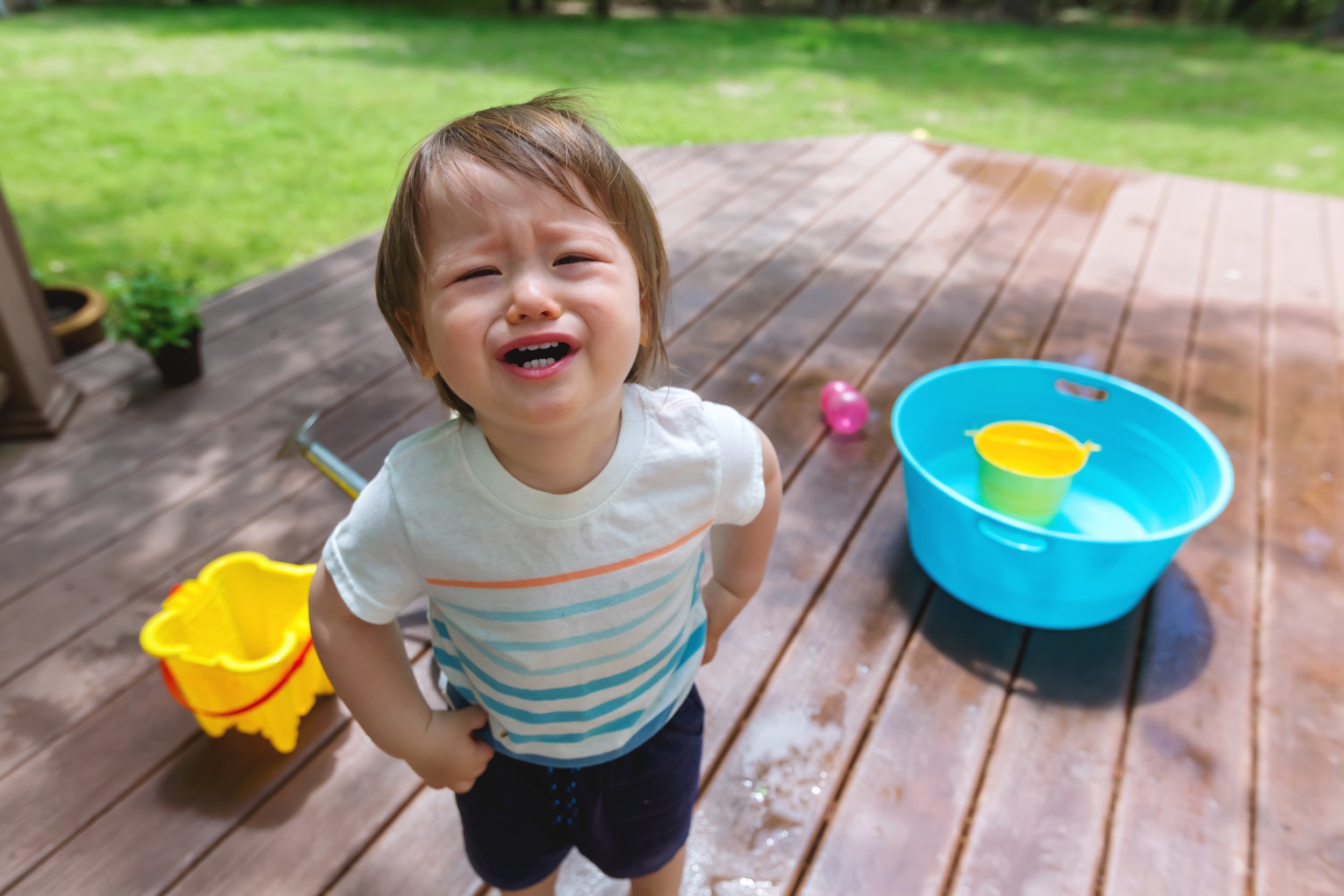5 Parenting Tips to Help Your Child Thrive
Parenting in today’s world comes with a flood of advice. Social media, blogs, books, podcasts—you name it, someone’s talking about how to become a more effective parent. While this means you have a lot of tools at your fingertips, it can also be overwhelming to know where to begin.
If you're feeling a bit lost in the sea of parenting content, you're not alone. Let’s simplify things. Here are five essential tips to help your child thrive—backed by practical wisdom, not perfection.
1. Introduce Logical Consequences Early
One of the most powerful ways to teach kids responsibility is through logical consequences. These are natural results that follow a child’s actions. For example, if your child throws dirt, they might end up with dirt in their eyes. That’s a direct, natural outcome—not a punishment.
Logical consequences help children make the connection between their behavior and its impact. The goal isn’t to make them suffer, but to let them learn through experience. It can be tough to allow this as a parent because we often want to protect our kids from discomfort. But these experiences are exactly what help them grow.
2. Let Your Child Fail (Yes, Really)
No parent wants their child to fail—but allowing small failures is essential for building resilience. When a child experiences failure, they learn how to cope, adapt, and try again. This builds grit and a stronger sense of self.
Children who are shielded from every disappointment may start to believe that life should be easy—or that someone will always swoop in to save them. That belief doesn’t prepare them for the real world. So while it might be hard to watch, let them struggle a little. Encourage them to keep going. It’s one of the best gifts you can give.
3. Resist the Urge to Rescue
When your child is upset, frustrated, or failing, it’s natural to want to jump in and fix things. But doing so too often can unintentionally send the message: I don’t think you can handle this on your own.
Instead, take a step back and offer support without solving everything. Say things like, “I’m here if you need help, but I believe you can work through this.” Giving your child the space to navigate challenges while knowing you are nearby builds both confidence and trust.
4. Teach Coping Skills
Coping is a skill—not something kids are born knowing how to do. Help your child develop a toolbox of ways to deal with stress, disappointment, and big emotions. This could include deep breathing, talking about feelings, taking a break, or problem-solving. Often, this can involve modeling for them how to cope effectively. Children learn by watching us, in our best—and worst moments. Learning to regulate ourselves can be the first step in teaching our kids. Even just saying out loud to ourselves (and our always watching audience) “I’m feeling overwhelmed, I’m going to go to my room and take some deep breaths/splash some cold water on my face,” can be a place to start.
The goal isn’t to eliminate their stress, but to help them handle it in healthy ways. Think of yourself as their emotional coach, guiding them through the process until they’re ready to manage more on their own.
5. Let Them Know You Believe in Them
This might be the most important—and most overlooked—tip of all: Tell your child you believe in them.
That simple message, repeated often, can shape how they see themselves for a lifetime. It doesn’t have to be a big speech. Just saying, “I believe you can handle whatever happens” can go a long way. The key is to be sincere and grounded in reality. You’re not saying they’ll never need help or that things will be easy of simple—just that you trust in their ability to figure things out.
Imagine how powerful it is for a child to grow up with that belief about themselves. One of the greatest gifts a parent can give a child is a belief in their capacity to handle whatever happens to them.
In the end, parenting isn’t about perfection—it’s about connection. The great wealth of knowledge about parenting is helpful. However, sometimes simple steps can lead to great change. A little trust, a little space, and a lot of belief can go further than you think.
If you’ve given them the awareness that their behavior matters in determining their experience and the tools to help them solve problems and manage strong emotions, then believing in their capacity and expressing that to them is the final step.







